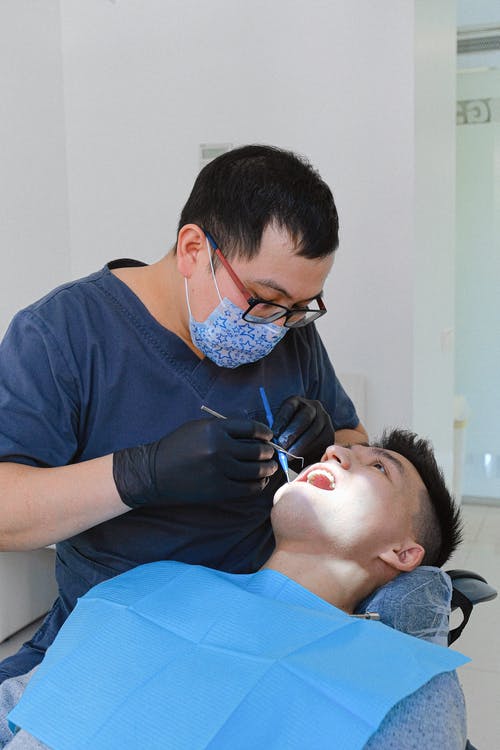Latest News
Revamp Your TMJ’s Motion Range With these Treatment Options

The temporomandibular joint (TMJ) is the hinge-like joint you feel where your skull and jawbone meet. The joint allows you to talk, chew, move your jaw, and do several other things with your mouth. Unfortunately, a disorder or injury on the TMJ might prevent you from using your jaw’s motion range efficiently. According to Eric R Koch, DDS, the joint’s malfunction might result in the lack of mobility, pain, and stiffness, making it almost impossible to bite, chew, swallow and communicate.
What are your treatment options with TMJ?
Lifestyle modifications
Most TMJ symptoms resolve without treatment. Home remedies your dentist might advise to help alleviate your TMJ signs include using hot and cold packs, avoiding wide yawning and massaging the jaw muscles. TMJ results from various causes, including lifestyle factors. Thus modifications to routine life might help in the early detection and treatment of the disorder.
Injections
Shots can effectively provide temporary relief from TMJ symptoms. The minimally invasive treatment like corticosteroid injections helps minimize pain and inflammation in the joints, thus minimizing chronic jaw pain. Your dentist might also recommend Botox injections to paralyze the jaw muscles, shielding you from the pain.
Bite correction
The treatment might be ideal when home-based approaches fail to be effective. The dentist might recommend dental splints to help prevent teeth grinding and clenching. He may also use it to help align your teeth. You might need to use bite guards, especially with moderate TMJ, to minimize your risks of developing long-term complications.
Arthroscopy and Arthrocentesis
The complex options can only be your dentist’s recommendation when other minor treatments like medication fail. Your oral surgeon might use arthroscopic processes to help diagnose TMJ disorders by inserting a tiny fiber-optic into your joint to determine the root cause of the symptoms. On the other hand, arthrocentesis is ideal for analyzing and addressing the affected joint, using a needle and syringe to draw fluid. The drawn fluid helps the doctor assess the joint swelling.
Is surgery a recommended option in addressing TMJ?
Surgery is usually an option when conservative treatments like oral splints and mouth guards fail to effectively resolve your symptoms’ severity. In some cases, only surgery can help restore your full use of the joint. The doctor will suggest a surgical procedure if you:
- Feel intense and consistent pain when opening or closing your mouth
- You cannot shut or open your mouth in its full range
- Have structural problems or disorders in the joint
- Your symptoms worsen with rest or nonsurgical treatments
- Have trouble eating and drinking because of joint immobility
However, the healthcare provider might not recommend surgery if:
- Your symptoms are inconsistent
- The signs are not severe
- You can use your jaw effectively to its full motion range despite the symptoms.
Before recommending surgery, your oral surgeon will thoroughly evaluate your symptoms’ history and radiology findings to determine if the treatment is ideal.
TMJ is unpredictable. However, you might help minimize your chances of experiencing the debilitating symptoms by eating soft foods, maintaining a correct posture and minimizing gum chewing. Do not let TMJ affect your overall well-being when you can call your dentist to help suggest the treatment options that might help you enjoy a pain-free life.
Umar Nisar was born and raised in the busy city of Abbottabad. As a journalist, Umar Nisar has contributed to many online publications including PAK Today and the Huffing Post. In regards to academics, Umar Nisar earned a degree in business from the Abbottabad UST, Havelian. Umar Nisar follows the money and covers all aspects of emerging tech here at The Hear Up.
Thanks










